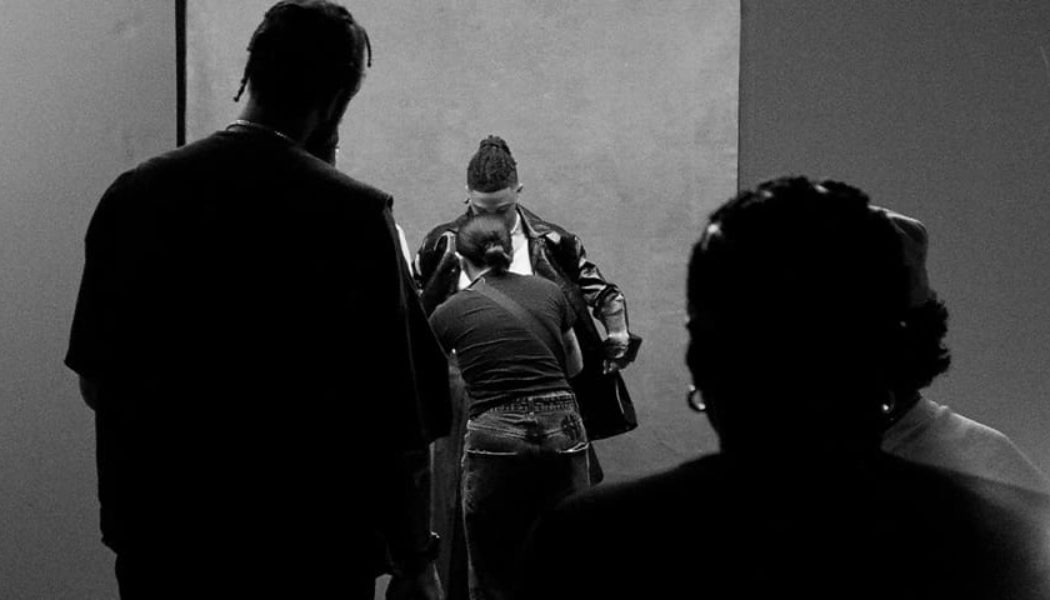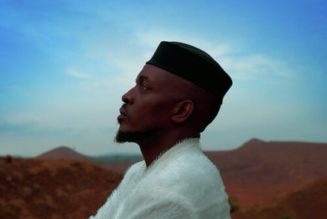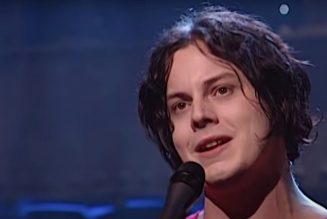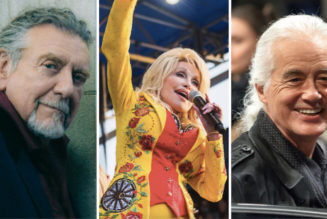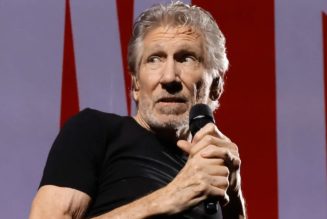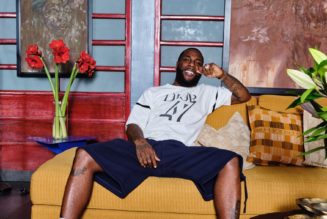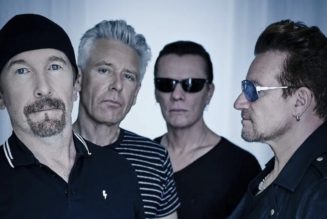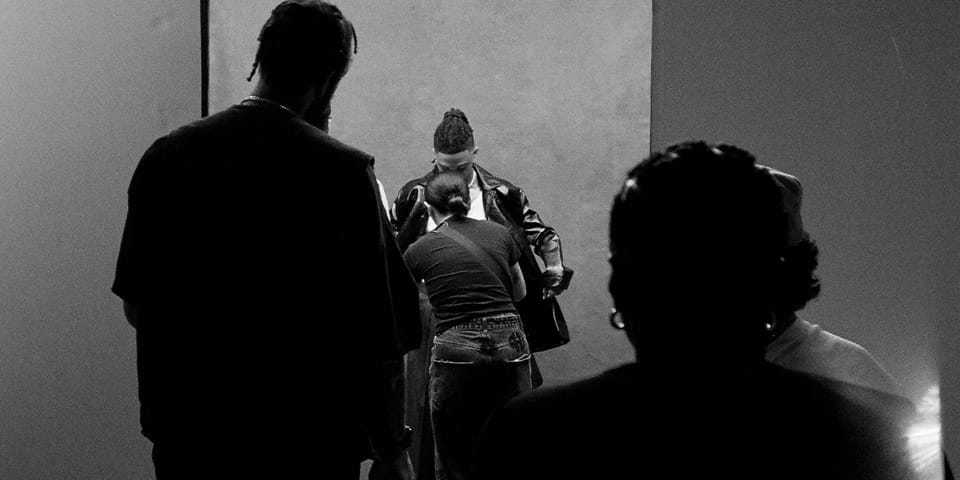
Looking back, Ashley Monae acknowledges that it was a no-brainer for her to end up as a creative director. It wasn’t necessarily because she had set it as a particular goal, but rather because of her dedication to follow her love for music and visual art.
School didn’t play a major role in her path, but it would be wrong to dismiss the story of how her past endeavors directly led her to become RCA Records’ Creative Director for Creative and Content Development. Monae went to school for Print Journalism and a minor in Film Theory — both of which focus on storytelling, which she describes as “an integral part of creative direction” — and kicked off her career in the industry as a music journalist for the likes of PAPER Magazine and Pitchfork. Her transition to an A&R role came at the suggestion of a mentor who noticed her ear for talent and overall good taste, and she found her niche in creative direction as she worked closely with different artists. “I live by Diana Vreeland’s quote: ‘Sometimes you have to give people what they don’t know they want, yet,’” she says. “My role is akin to that.”
Monae is involved in a campaign from start to finish. She conceptualizes and curates the creative vision of an artist’s brand or rollout, and manifests that vision through photography, video, print and digital until it becomes the final visual outputs on album artworks, music videos, billboards, wheatpasting and social content. “Anything creative or visual is my doing,” she shares. There’s a mounting pressure that can come with the job, but it all boils down to how she and the artist feel about the final product. She tries to distance her metric of success from the outside world, and her idea of victory is clear: achieve the desired aesthetic and meet the internal goals. Anything beyond that is secondary. “If you live for the cheers, you die by the boos,” she puts it simply. “But ultimately, I try to focus on the work’s impact on the intended audience. My job is done if the work sparks meaningful conversations or emotional reactions.”
“If you live for the cheers, you die by the boos.”
In three words each, how would you describe your job to someone who isn’t familiar with the music industry?
Storytelling, influencing and execution.
Can you run us through a day in your work life?
No day is the same, which is the exciting part. Sometimes I’ll be with an artist discussing a new project. I’ll be at bookstores or museums doing research and reference pulling on other days. I also spend a lot of time at the RCA office, taking meetings and prepping for shoots. And, of course, my favorite days are when I’m on set putting plans into action.
What is the key in building a stable, fun and trusting collaborative relationship with an artist?
Mutual respect and trust are essential. I enjoy working with an artist who allows the relationship to be rooted in valuing one another’s expertise, creativity, and unique perspective. Respect for one’s artistic choices provides room for creative experimentation and expression.
“Respect for one’s artistic choices provides room for creative experimentation and expression.”
What are the necessary first steps someone should take to enter a career in music as a creative director?
You must have a genuine interest and passion for artists and visual art. I was that kid who lived and died by MTV, BET and VH1 when they aired music videos. I was always asking my mom to buy magazines for me and would cut them into pieces to make collages. Listen to your inner child. What did they find the most joy in doing without an audience or monetary gain?
What was the biggest challenge you’ve had to face so far, and how did you overcome it?
I work across our roster with several artists. Sometimes they are active at the same time, and releases can overlap. Many times, the original scope of work for a project can change. I pride myself in giving the same amount of attention to each project, whether it’s an established act or a developing artist. In those moments, I need to strategize with my internal team on best executing my vision. Sometimes that means outsourcing and collaborating with other creatives if my plate is full.
What is one thing about your job that most people would find unexpected or surprising?
Although I have a creative role, I spend a lot of time sending emails and managing projects. It’s not the so-called glamorous part of the job, but it’s important and keeps me on track with the various projects I juggle.
Is there a secret to career longevity in this industry?
I don’t think I can answer that just yet. But I believe with anything, being a forever student and being open to challenging the way you think is necessary. I’ve also witnessed the importance of nurturing relationships firsthand.
“Listen to your inner child. What did they find the most joy in doing without an audience or monetary gain?”
What are some habits you follow regularly to always maintain a good headspace for work?
I find joy in doing simple things that take me away from the overwhelming nature of the industry. Lately, I’ve been going for walks or drives. Journaling, meditating — it’s all about balance.
What does a day off look like for you?
Catching up on podcasts, binging documentaries and shopping.
How do you see your job evolving with the music industry in the next five years?
Social media is monotonous these days. I’m interested in seeing what kind of innovative IRL platforms artists will begin to gravitate to reach their fans. Also, I love how merch is evolving into more of a lifestyle brand for artists. I’m a big fan of Tyler, the Creator’s GOLF Le Fleur, for example.
If not music, what would you be doing?
Something community-based, like working with the underserved. Also, writing fiction novels and curating art shows.
Stay tuned for more features with music industry professionals — from managers to sound engineers, stagehands and others; the people who make the music world go round without standing behind a microphone.
